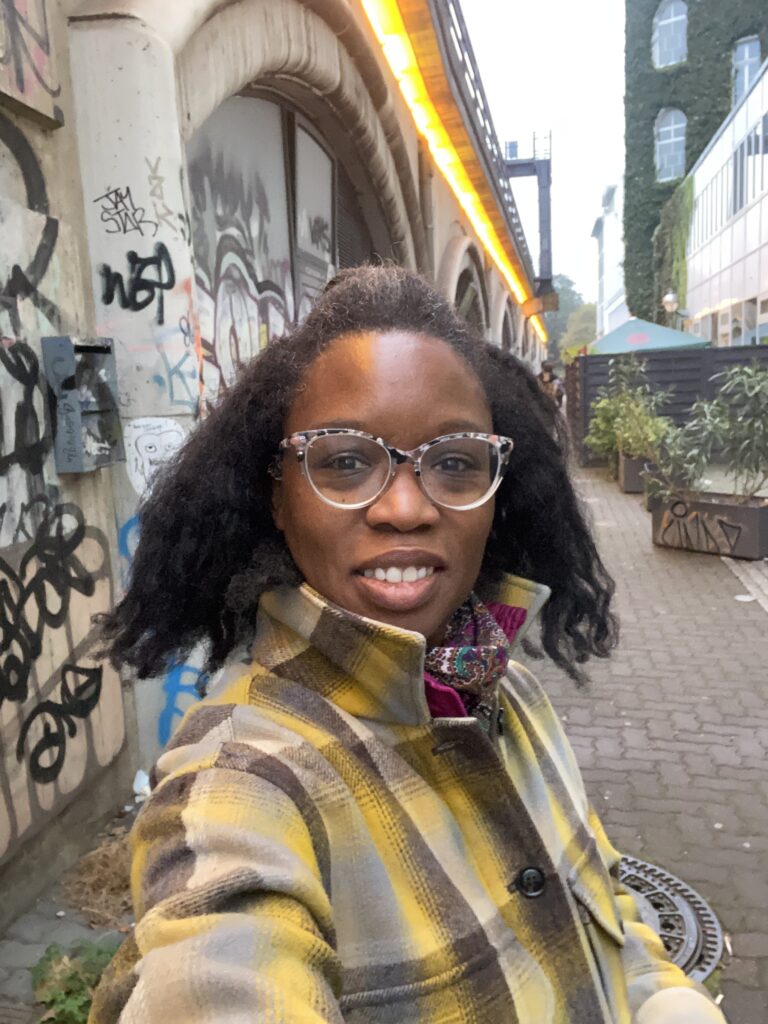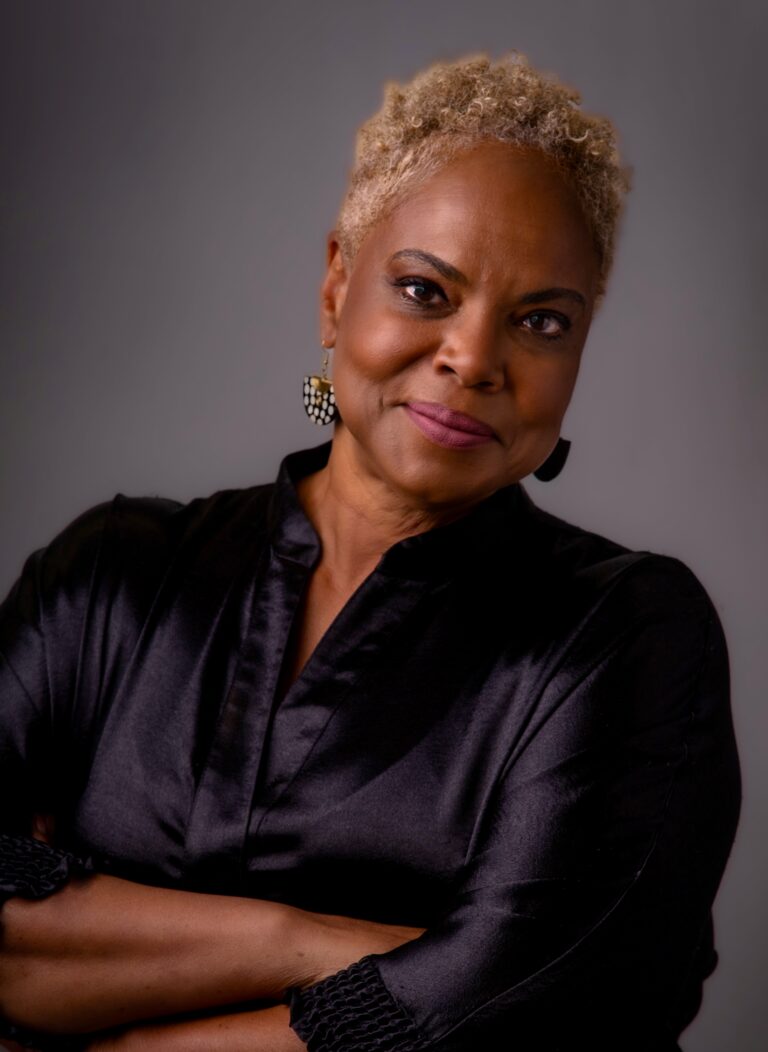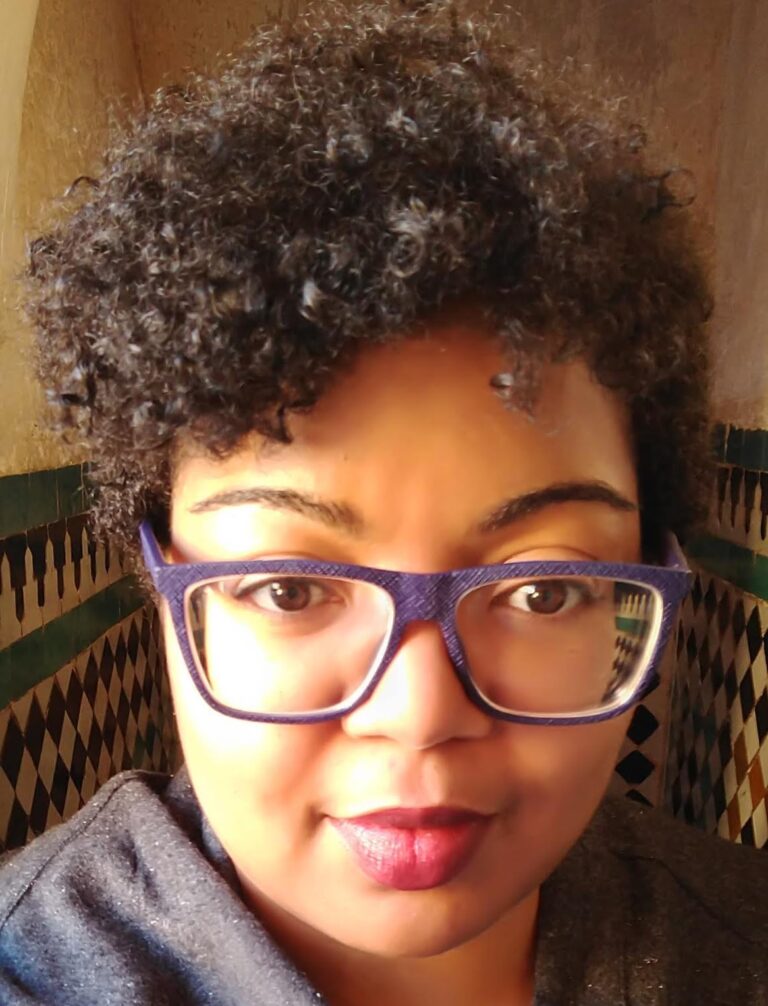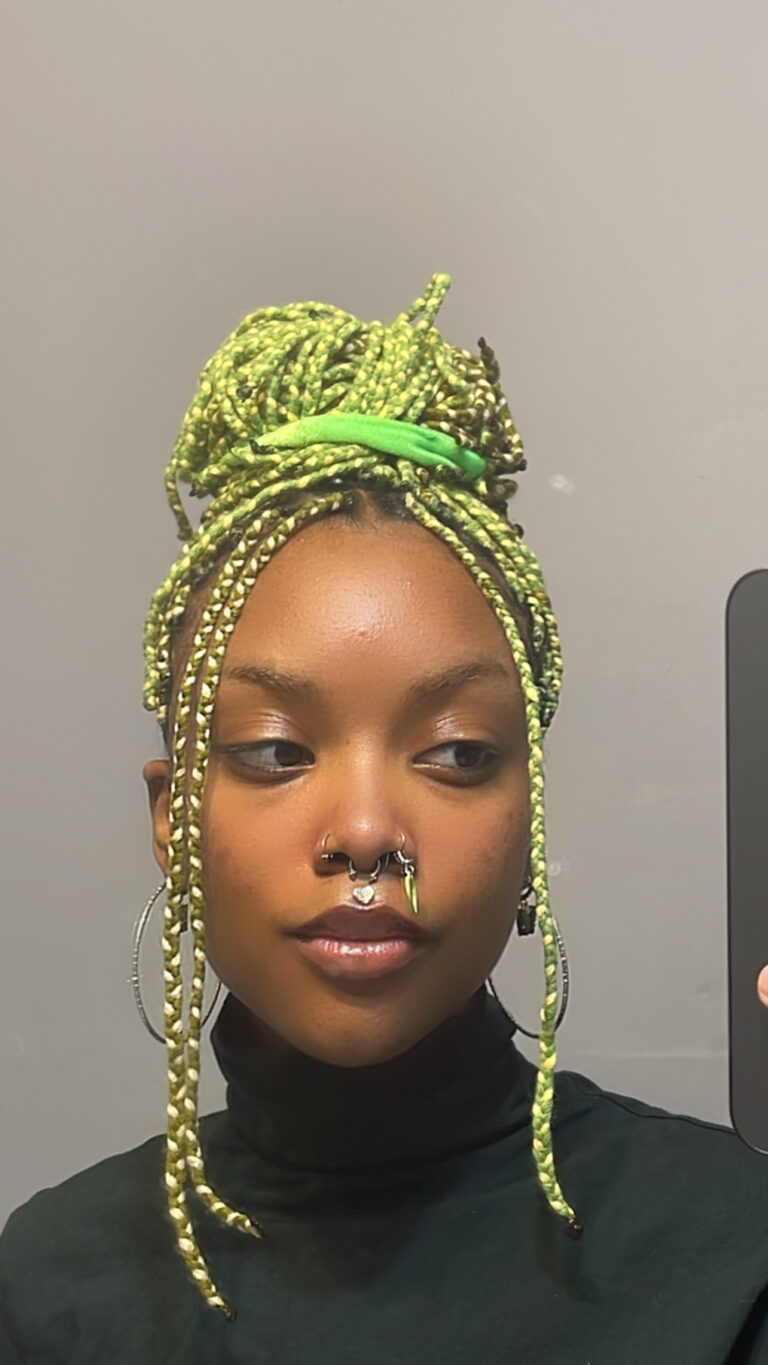
About the Oral History Archive
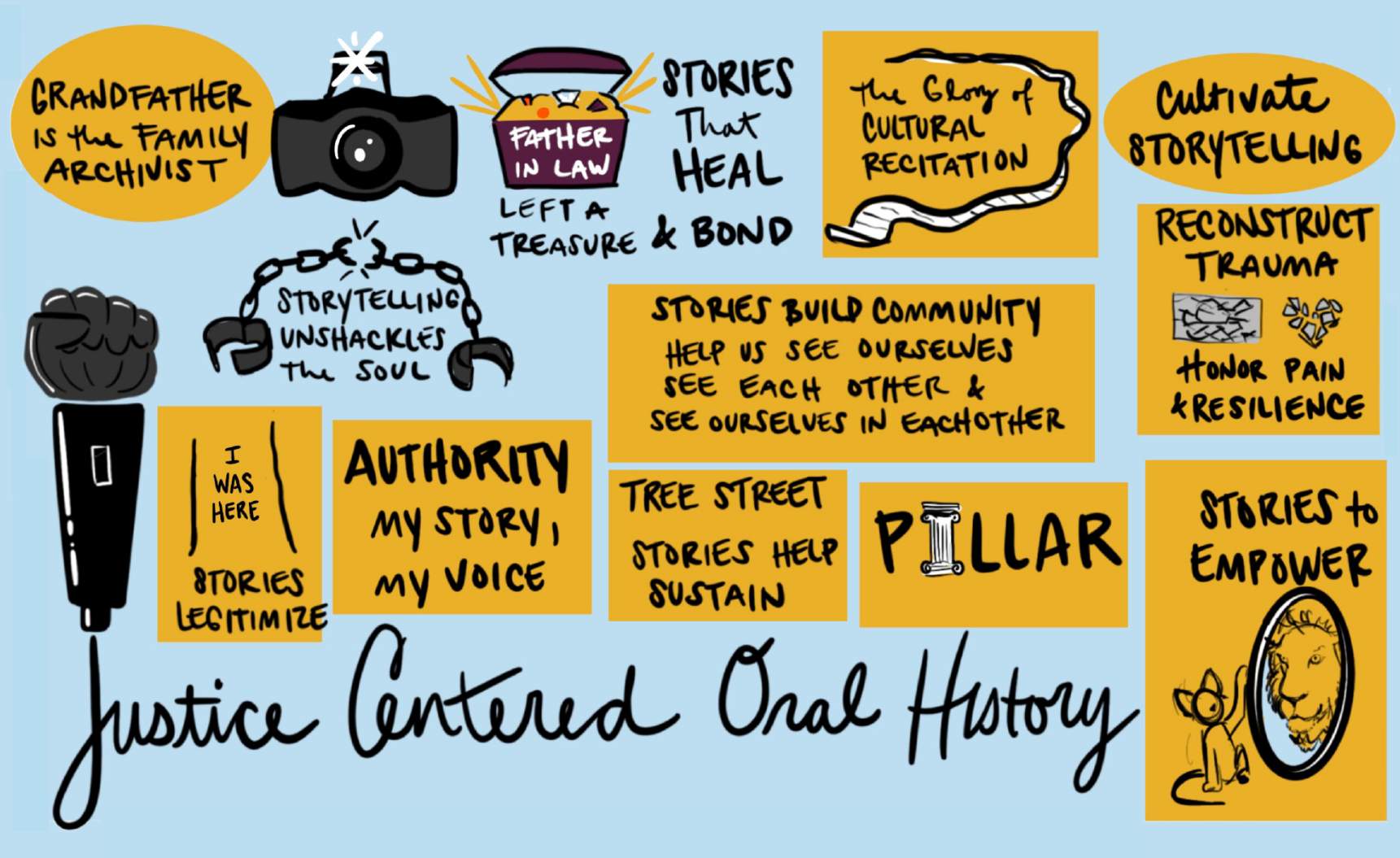

Our vision is to ensure that public housing residents’ stories are an accessible source of knowledge, power, memory, humanity, and strength in the struggles for housing justice across the nation and globe.
About the Archive
The National Public Housing Museum’s Oral History Archive holds over 170 interviews focused on the history, present, and future of public housing. The Archive strives to ensure that public housing residents’ stories are an accessible source of knowledge, power, memory, humanity, and strength in the struggles for housing justice across the nation and globe.
The Archive and its workforce of Oral History Collective Members aim to advance a more nuanced and human portrayal of those who live with public assistance. We strive to be of use to conventional archive users such as academics and researchers, as well as to our core, valued community members: artists, organizers, public housing communities, and the general public who want to learn more about these lived experiences.
All interviews go through a rigorous process of narrator review before they are used or made accessible on the website. Because narrators’ autonomy over their life histories is the guiding principle for our archival practices and policies, some interviews may never be accessible through the website.
Thank you for your patience and understanding with our process!
Our narrators include:
- Current & former residents of traditional, project-based public housing (a.k.a. Section 9)
- Current & former Section 8 Housing Choice Voucher holders
- Current & former residents of other forms of subsidized housing
- Current & former employees of housing authorities
- Others with self-defined meaningful relationships with public housing
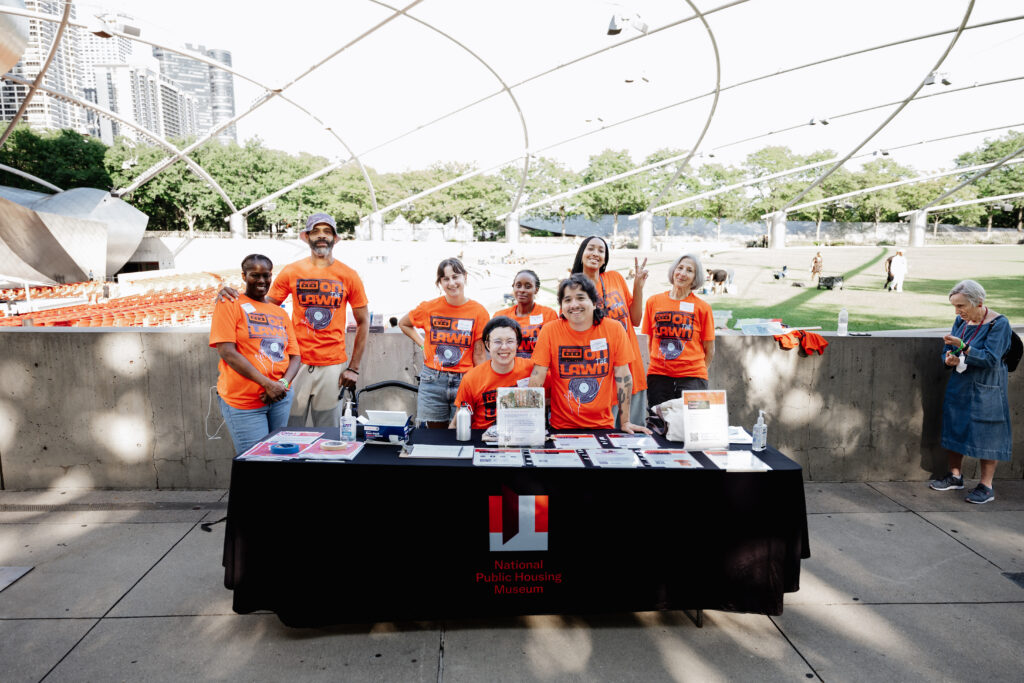
Request additional interview access
We are in the midst of processing and accessioning all “full access” interviews onto this website. Archive users may request access to additional interviews not yet on the website, though not all requests will be granted.
Archival Policies and Ethical Approaches
The National Public Housing Museum’s Oral History Archive centers collaborative authority in our ethics as a community-based archive. We work together with narrators, Oral History Collective members, archival experts, and other community members to make important decisions about the Archive and its structure.
Because of this, our long-term policies are in the process of being drafted and refined. Use this section as a starting point, with the understanding that all archival policies are subject to change.
If you would like to use interview(s) under the current policies, you are responsible for conducting a good faith effort with narrators AND the National Public Housing Museum before you do so.
What’s a “good faith effort”?
The National Public Housing Museum defines a good faith effort as:
- 3+ attempts at contact
- over the course of 30 days
- Using 2 methods of contact (when available)
A good faith effort must be undertaken for all interviews before usage unless the narrator has explicitly waived this right.
Full Community Agreements for Archive Access
- I understand that these interviews were voluntarily offered by former and current public housing residents, a population that is underrepresented and often misrepresented in mainstream media. While the National Public Housing Museum Oral History Archive will not police how I use interview(s) and their associated materials, I am committing to interacting with them with humility, as well as respect and care for the narrators and their communities.
- I understand that my lived experience, including my work background, may impact which interviews I am able to access and use.
- I understand that, because of the oral history ethics of shared authority and continuous consent, a narrator may request to withdraw their interview from the NPHM oral history archive generally, or to be removed from my body of research specifically, at any time. If this happens, I agree to delete all copies of their interview(s) and associated materials from my files. I will take every step I can to remove quotations from that narrator’s interview materials, or any other usage of that narrator’s interview materials, from my body of research. The National Public Housing Museum acknowledges that this may not be possible for published materials.
- I will contact the National Public Housing Museum Oral History Archive or the narrator to request to use quotations or other materials from the oral history archive. I or the museum will conduct a good faith effort (3 attempts at contact over the course of 30 days and using 2 contact methods, if available). I will abide by the narrator’s decision during or after the good faith effort. I understand that the narrator has veto power over all usage, and may exercise it at any time.
Current Policy and Best Practices for Interview Usage
Note: all policies are subject to change, as they are being written in collaboration between our Archive Working Group, archival advisors, and public housing residents. The following is our ad-hoc usage best practices and policies.
As you review and find interview(s) that you may want to quote from, follow these steps:
- Pay attention to usage notes, as not all interviews that have been released for public access have been released for public usage. Most interviews that do allow usage require a 30 day “good faith effort” to gather narrator approval.
- Is your use for commercial purposes? You may not use the interview in this way. Commercial purposes would include any use wherein money is exchanged, even as a benefit or for a non-profit. Feel free to contact us if you are unsure about appropriate use.
- Request usage by contacting the museum and/or the narrator. Note which interview you want to use, which portion if you know, and how you plan to use it. If you are directly contacting the narrator, wait at least 30 days and use at least 2 contact methods to try to reach them. If you are using the museum as a liaison, expect to wait 30 days for narrator approval before you can use any material from the interview.
- If the narrator gives consent, you may use materials from their interview. Be sure to properly cite them (citation information is on each narrator’s page).
- If the narrator vetoes the use of their interview, you may not use the interview.
- If the narrator does not respond within the good faith effort period, you may proceed with usage. However, the narrator retains the right to contact you and veto usage after the good faith effort, so proceed with care.
We do not yet have an archive policy for reproduction of interview materials (ex, downloading a copy of a transcript). General reproduction of full-length interviews is forbidden until such policy is written and iterative consent has been granted by narrators. Individuals may include reproduction requests when personally contacting a narrator with usage request(s).
Full Policies, Best Practices, and Beyond
If you would like to see our full archival Policies Handbook, please contact the Oral History Programs Manager at [email protected]. Our policies will be rolled out publicly as community workshopping allows.
Archive Working Group
The National Public Housing Museum Archive Working Group leads the decision-making, policy-making, technical maintenance, and community engagement initiatives of our Oral History Archive. Most members also regularly collect and process interviews.
The Working Group’s mission is to establish accessible processes, policies, and tools for the Archive. Our vision is to empower Oral Historians with lived experience to take leadership in the structures and strategies of the Archive, striving to make this a truly community-based and -run Archive.
At any given time, the Working Group contains at least half public housing residents. Close community members of public housing are invited to fill additional slots. All Working Group members must have in-depth knowledge of both oral history and archives, whether through the Beauty Turner Academy of Oral History training series or elsewhere.
Sponsors
The Oral History Programs are generously supported by the Gaylord & Dorothy Donnelley Foundation.
Contact Us
Please email Liú Chen, Senior Programs Manager of Oral and Narrative History, with any questions, concerns, or if you’re interested in getting involved.



